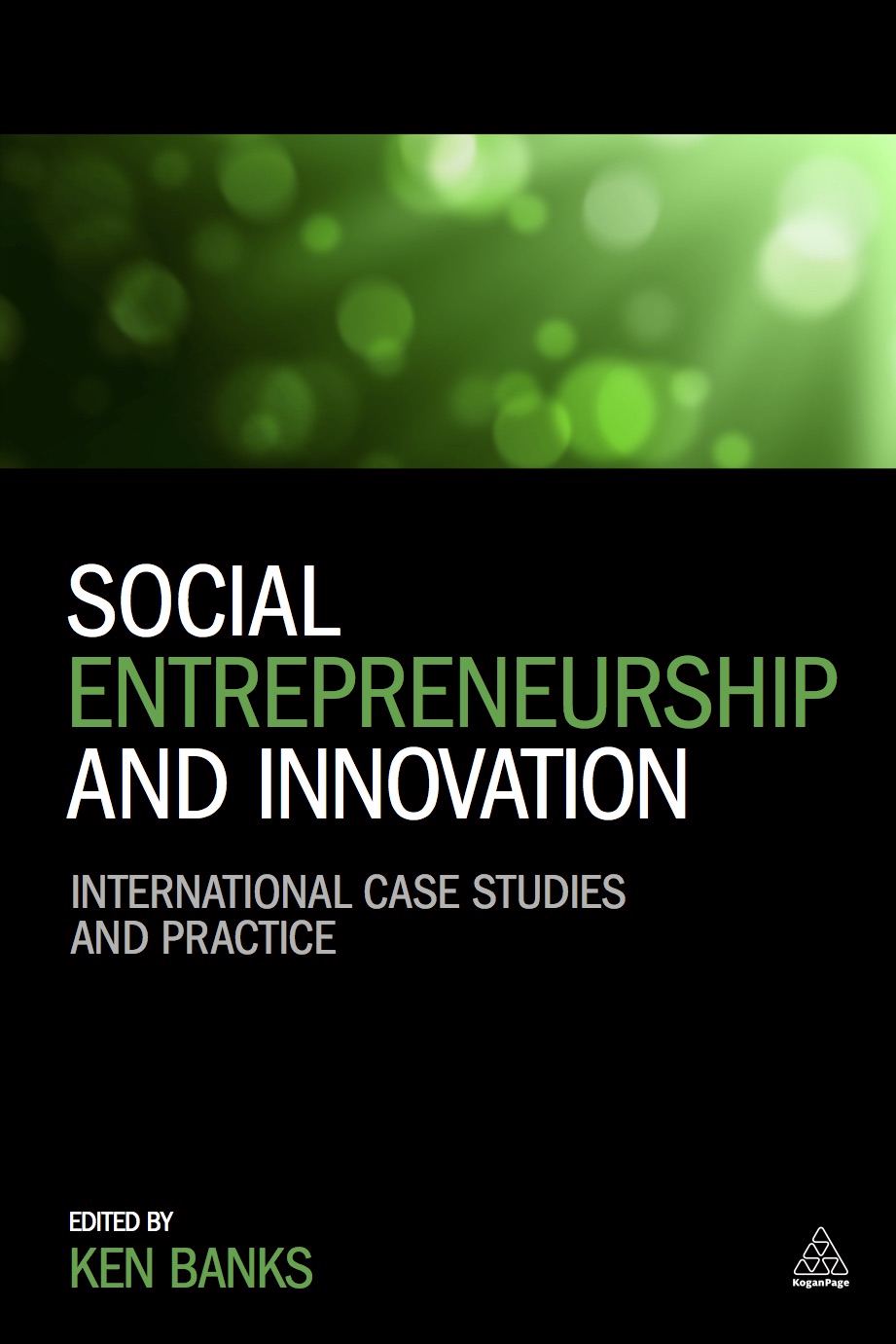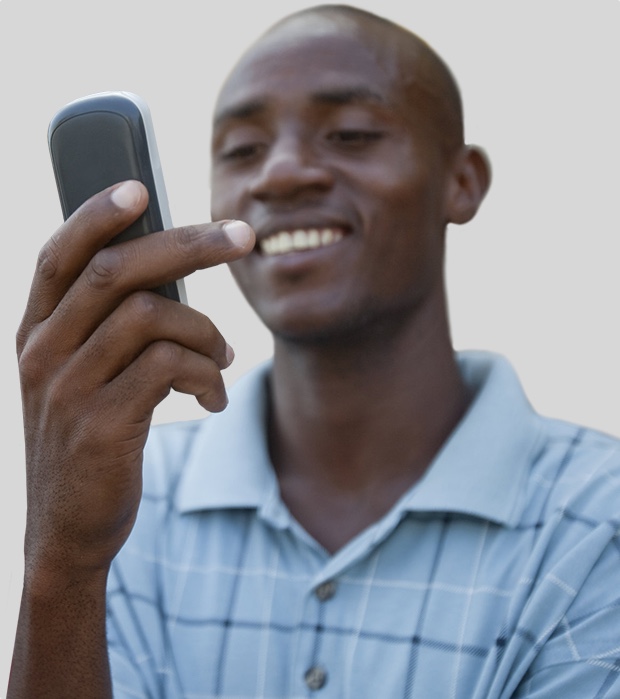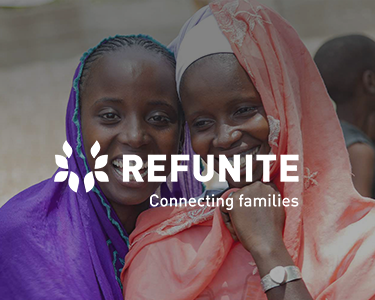
REFUNITE featured in new publication by author and creator Ken Banks: Social Entrepreneurship and Innovation
From teaching young immigrants in Denmark and filming a documentary, to running the largest missing person’s network, REFUNITE co-founders Christopher and David Mikkelsen share their story in the prominent author, Ashoka Fellow and National Geographic Emerging Explorer, Ken Banks’ new book Social Entrepreneurship and Innovation, released on March 3rd 2016. A collection of 13 personal stories of social entrepreneurship with case studies from Africa, India, US and Europe, the publication has received a lot of positive reviews and has been described as the “hottest” new Business book on Amazon. Featured are innovators, creators and problem-solvers, such as Laura Stachel of We Care Solar, Jessica Anderson and Joumana al Jabri of Visualizing Impact and Erik Hersman of Ushahidi and BRCK.
It all started in 2005 when Christopher and David Mikkelsen had been commissioned to produce a documentary in Denmark. This is when they met Mansour, a young Afghan man who was looking for his missing family lost while fleeing the war in Afghanistan. Mansour shared his story with David and Christopher, explaining how he had lost those he loved the most. The two brothers decided to help Mansour look for his family, never expecting it to be as hard as it turned out to be.
In their chapter, the brothers talk about this life-changing encounter, and how they realized there was a need for a global and centralized database on family tracing. This experience motivated them to change the way family tracing and reconnection was done, creating a centralized network and providing a mobile search tool to encourage displaced people to take the search for their loved ones into their own hands. In 2008, REFUNITE was born.
The full publication is described by Ken Banks himself to be honest, inspiring and revealing. With the quest to reveal the success and struggles of honest entrepreneurs in their mission to help others, the book aims to inspire aspiring and already established entrepreneurs who themselves wish to innovate in the humanitarian sector and development world. Stories like the Mikkelsen brothers’ quest to better technologies to reconnect displaced people, the book outlines lessons learned and provides guidance to those social entrepreneurs going through similar experiences now. In all case studies, the social entrepreneurs were faced with some kind of personal problem, which changed their direction in life onto a path to improve how things were done – from family tracing and data collection, to food poverty and even genetics.



